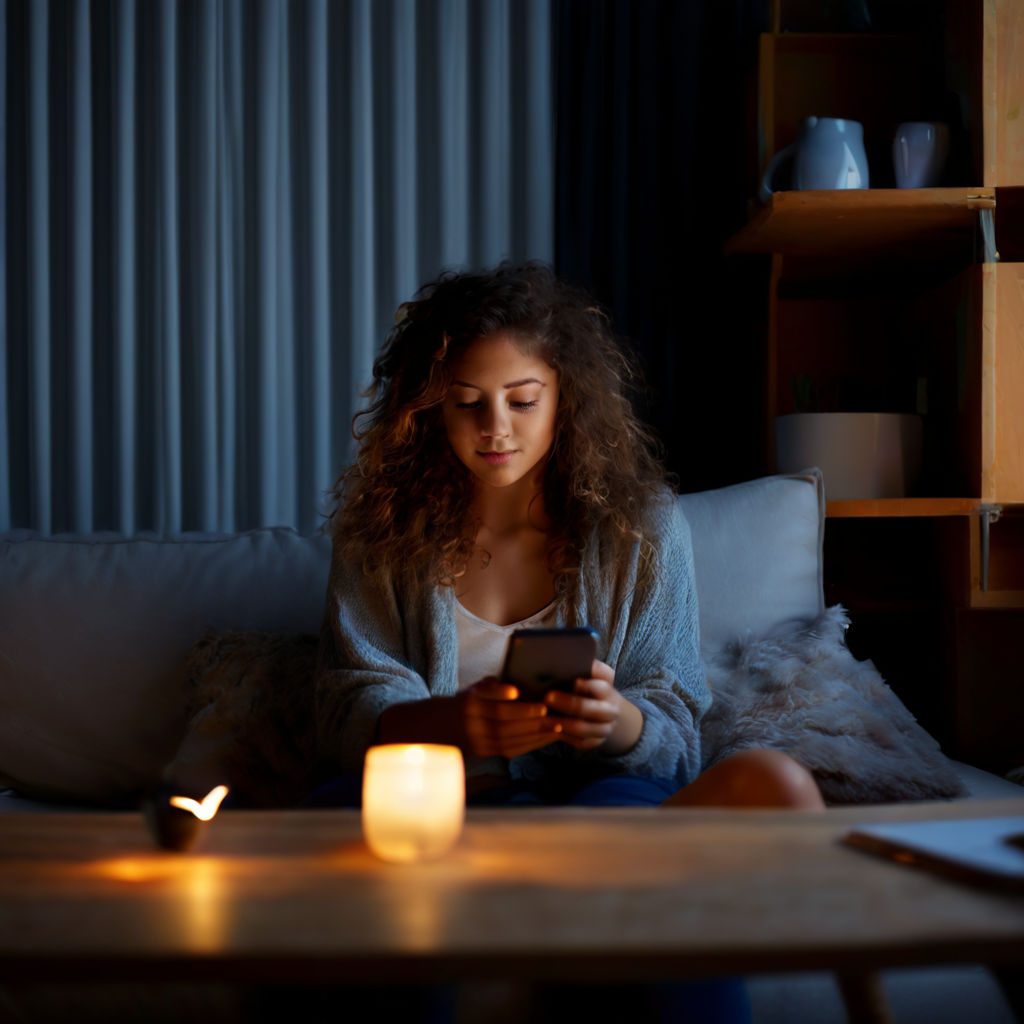In the modern age, our evenings are often illuminated not just by the setting sun but by the persistent glow of screens. From smartphones to laptops, our pre-sleep rituals are frequently accompanied by digital devices, impacting our ability to fall asleep and the quality of rest we achieve. This article delves into the effects of screen time on sleep and discusses whether a digital detox can be the solution to better sleep health.
The Science Behind Screen Time and Sleep Disruption
Blue Light and Melatonin Production
Electronic screens emit a significant amount of blue light, which has been shown to disrupt melatonin production, the hormone that regulates sleep-wake cycles. Exposure to blue light in the hours leading up to bedtime can delay the onset of melatonin production, making it harder to fall asleep and reducing the quality of sleep once you do.
Mental Stimulation from Digital Content
The content we consume on our digital devices often keeps our minds engaged and alert. Whether it’s a suspenseful series, an intense video game, or even just scrolling through social media, this content can increase mental stimulation and make it difficult to wind down for sleep. The brain’s continued engagement delays the natural relaxation process necessary for restful sleep.
How Digital Detox Improves Sleep Quality
Reduces Blue Light Exposure
One of the immediate benefits of a digital detox before bedtime is the reduction in blue light exposure. By turning off digital devices at least an hour before sleep, you can facilitate a timely onset of melatonin production, leading to faster and deeper sleep.
Encourages Relaxation and Decreases Stress
Engaging in a digital detox can help establish a calming pre-sleep routine. Activities such as reading a book, practicing meditation, or taking a warm bath can significantly reduce stress and promote relaxation, making it easier to fall asleep and improve the quality of your rest.
Practical Tips for Implementing a Digital Detox for Better Sleep
Establish a Digital Curfew
Set a specific time each night when you turn off all electronic devices—ideally, at least one hour before bedtime. Use this time to engage in relaxing activities that help transition your body and mind towards sleep.
Create a Relaxing Bedroom Environment
Make your bedroom a sanctuary for sleep. This includes keeping it free of clutter, using comfortable bedding, and eliminating all screens. If you use your phone as an alarm, consider switching to a traditional alarm clock to minimize the temptation to use your phone right before bed or upon waking.
Incorporate Relaxing Activities into Your Evening Routine
Develop a bedtime routine that includes activities known to promote relaxation. This could involve yoga, deep breathing exercises, or listening to calming music. Establishing a consistent routine helps signal to your body that it’s time to wind down.
Expanding the Benefits of Digital Detox Beyond Sleep
Enhanced Overall Well-being
Regular digital detoxes can not only improve sleep quality but also enhance overall mental health. Reducing screen time decreases exposure to stress-inducing content, lowering anxiety levels and improving emotional stability.
Boost to Physical Health
Less screen time means more opportunity for physical activity, whether it’s stretching before bed or engaging in more intense exercise during the day. Physical activity is essential for maintaining good sleep patterns and overall health.
Conclusion
The link between excessive screen time and poor sleep is well-established. Implementing a digital detox, particularly in the evening, can significantly enhance the quality of your sleep. By establishing healthy boundaries around device use, you can enjoy the benefits of improved sleep, better health, and greater well-being. Embrace the practice of unplugging, and allow your body the rest it truly needs to thrive in a digital world.


